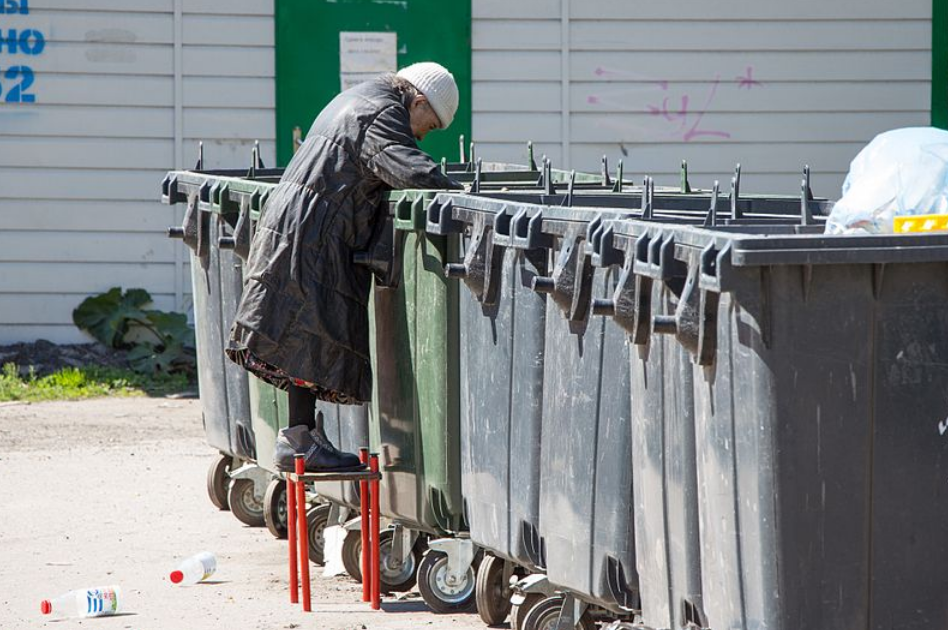No scavenging policy at regional district facilities to be re-opened
The regional district is digging into its no scavenging and salvage policy in order to allow people access to re-useable items.
A board of director’s amendment was made in mid-December to have the Regional District of Central Kootenay staff re-evaluate the current no scavenging and salvage policy.
The re-evaluation includes “safety and potential liability concerns, and how to mitigate them to identify areas of opportunity for residents to access waste goods that they desire to repurpose,” read the RDCK Dec. 14 agenda.
A report will be coming back to the Joint Resource Recovery committee in 2024, and Local Government Climate Action Plan (LGCAP) funds will be accessed for support.
Almost 12 years ago the Joint Resources Recovery committee drafted the policy around scavenging at the various transfer stations, and it changed the way the “free store” at each transfer site was handled.
The problem at the time was dumpster diving. Scavenging held major liability issues since people could cut themselves on glass or scrap metal and then the regional district could be held liable, said board vice chair Hillary Elliott, the director for Slocan, in May, 2011.
Some transfer sites had large machinery working and that was a concern for safety, Elliott added.
“However, we do know there is value in the free store in allowing people to reuse and recycle things that would otherwise go into the dump,” she said. “It’s not a simple answer.”
The committee balanced public safety, regional district interests and liability, all with an eye to keeping as much out of the dump as possible in drafting the policy.






















